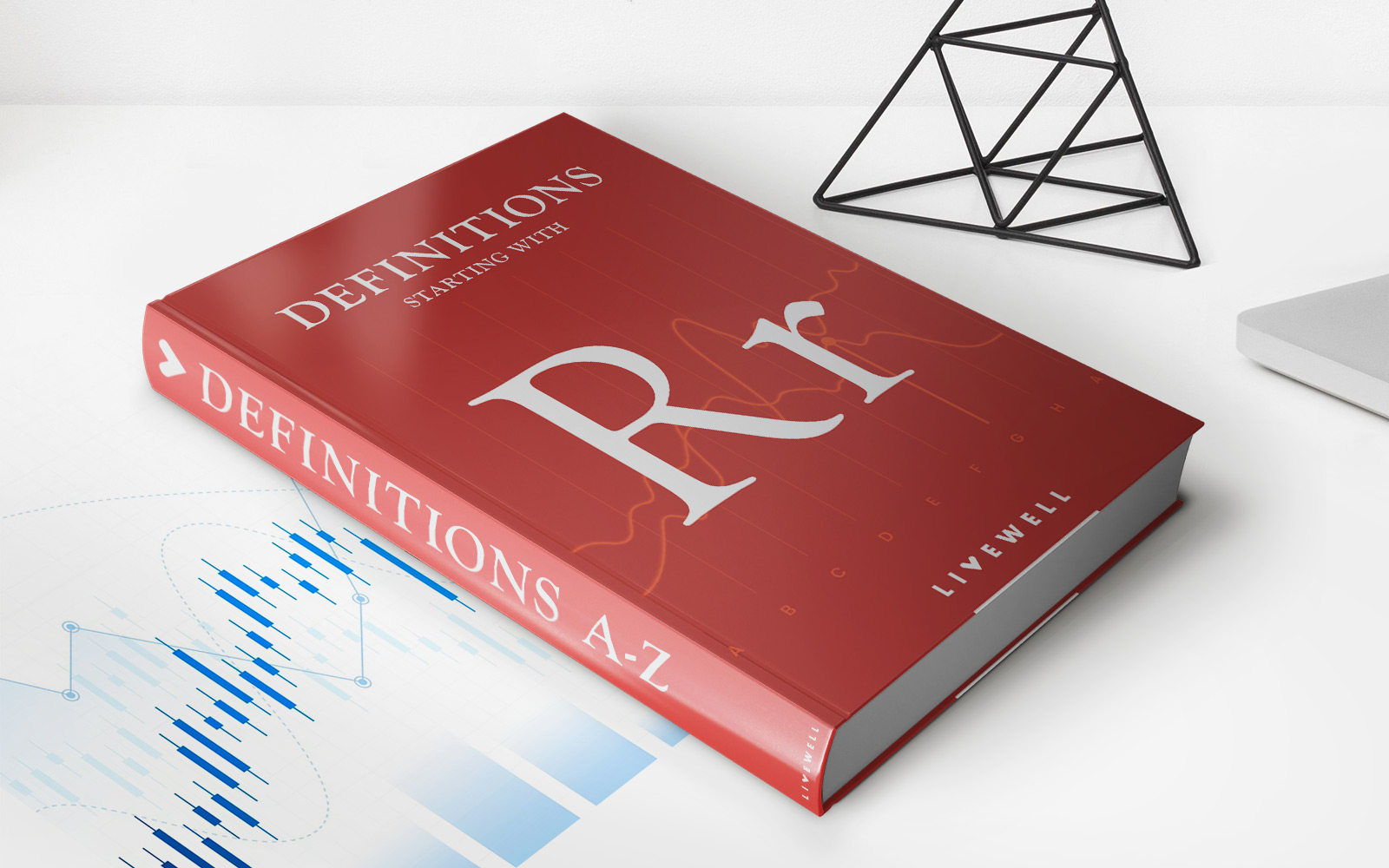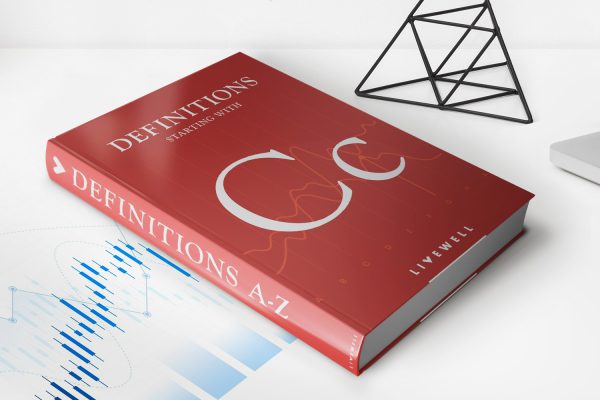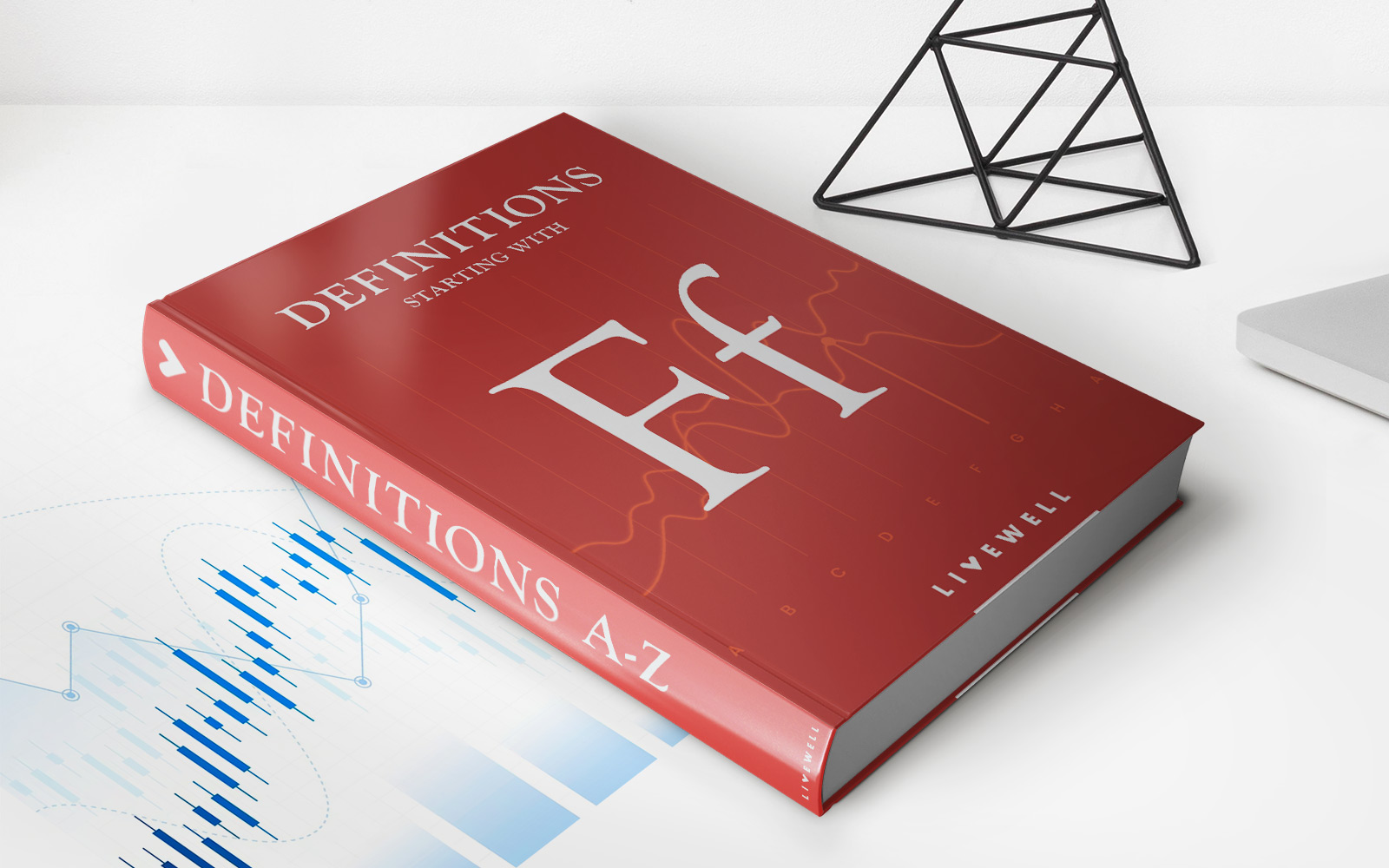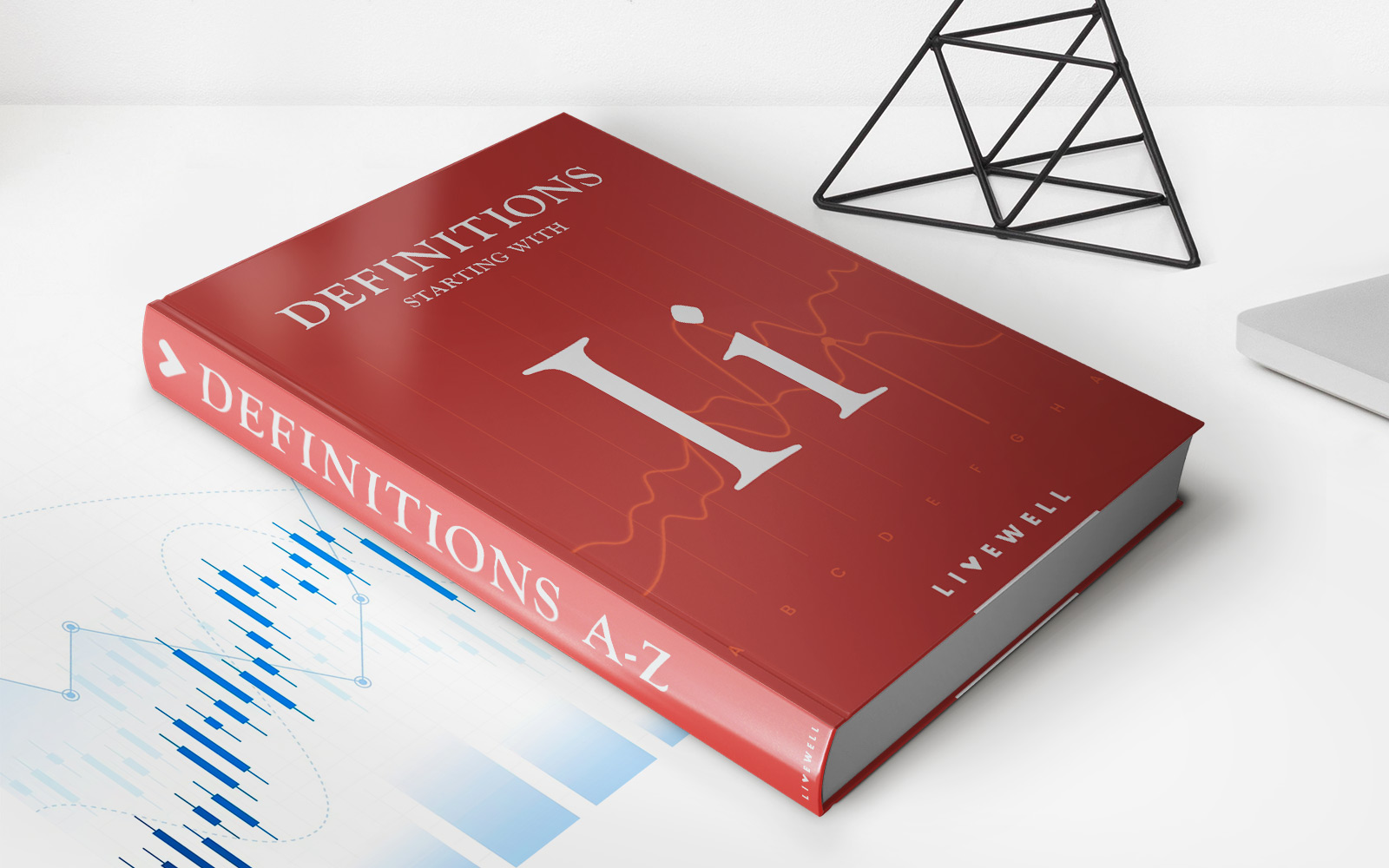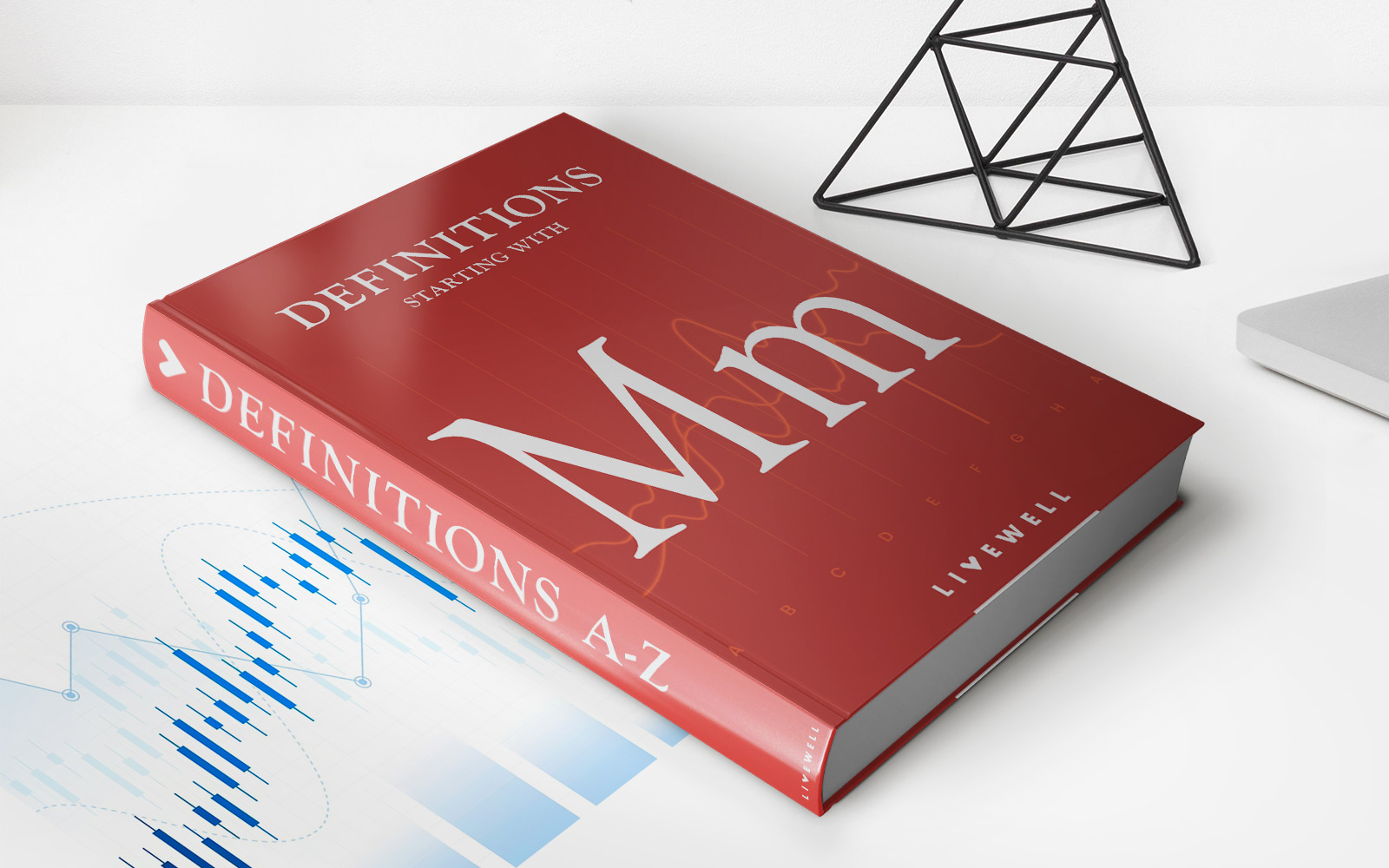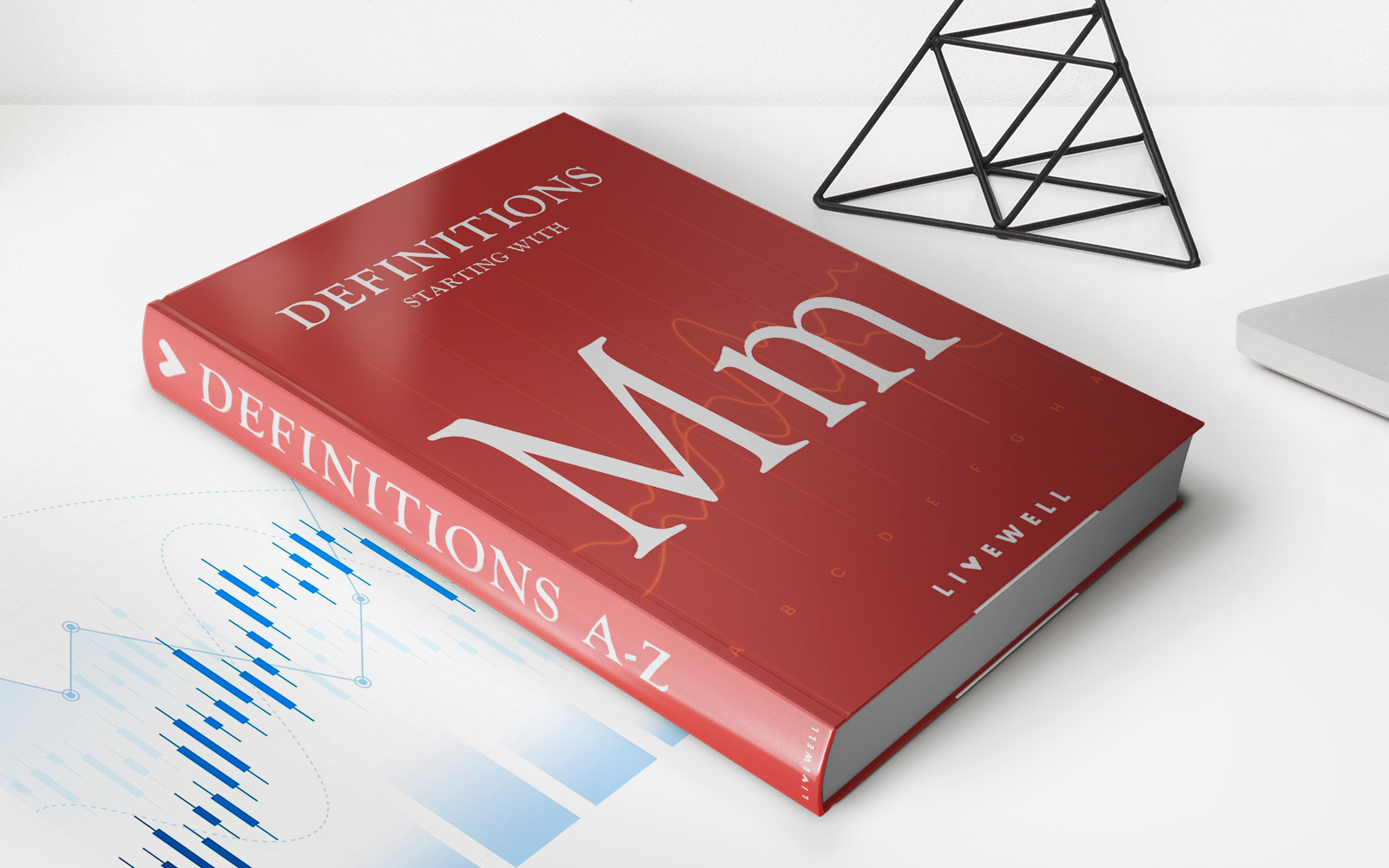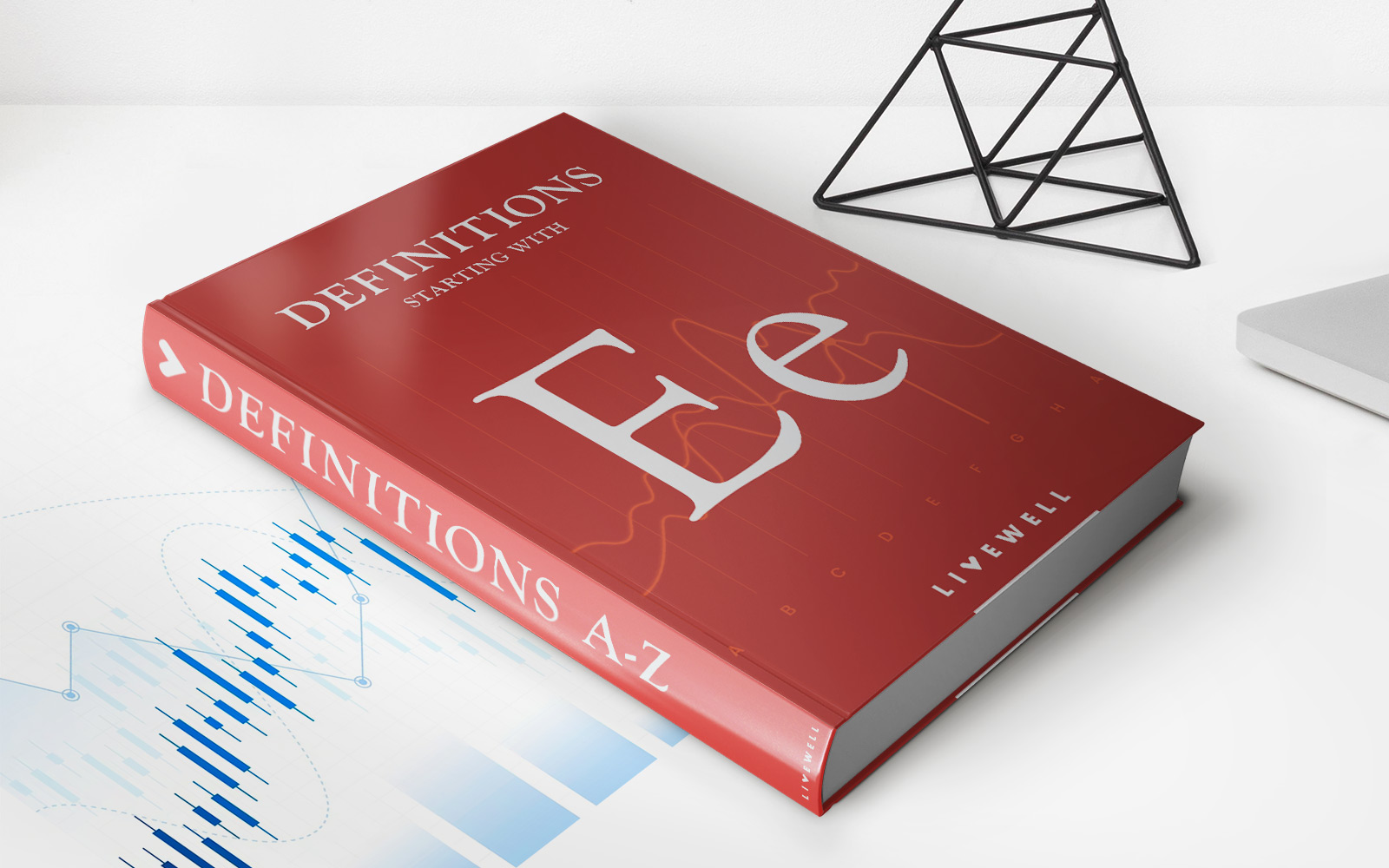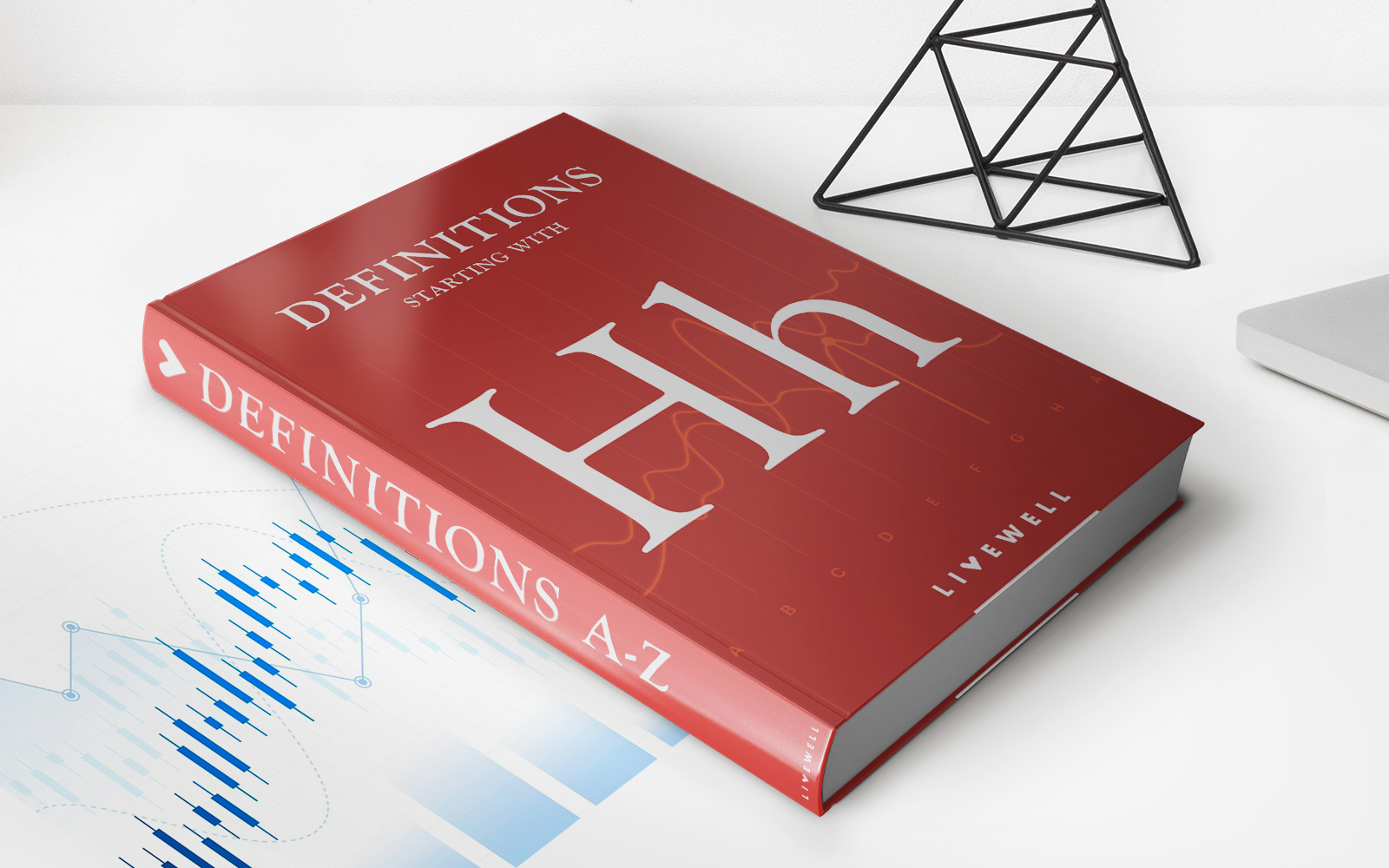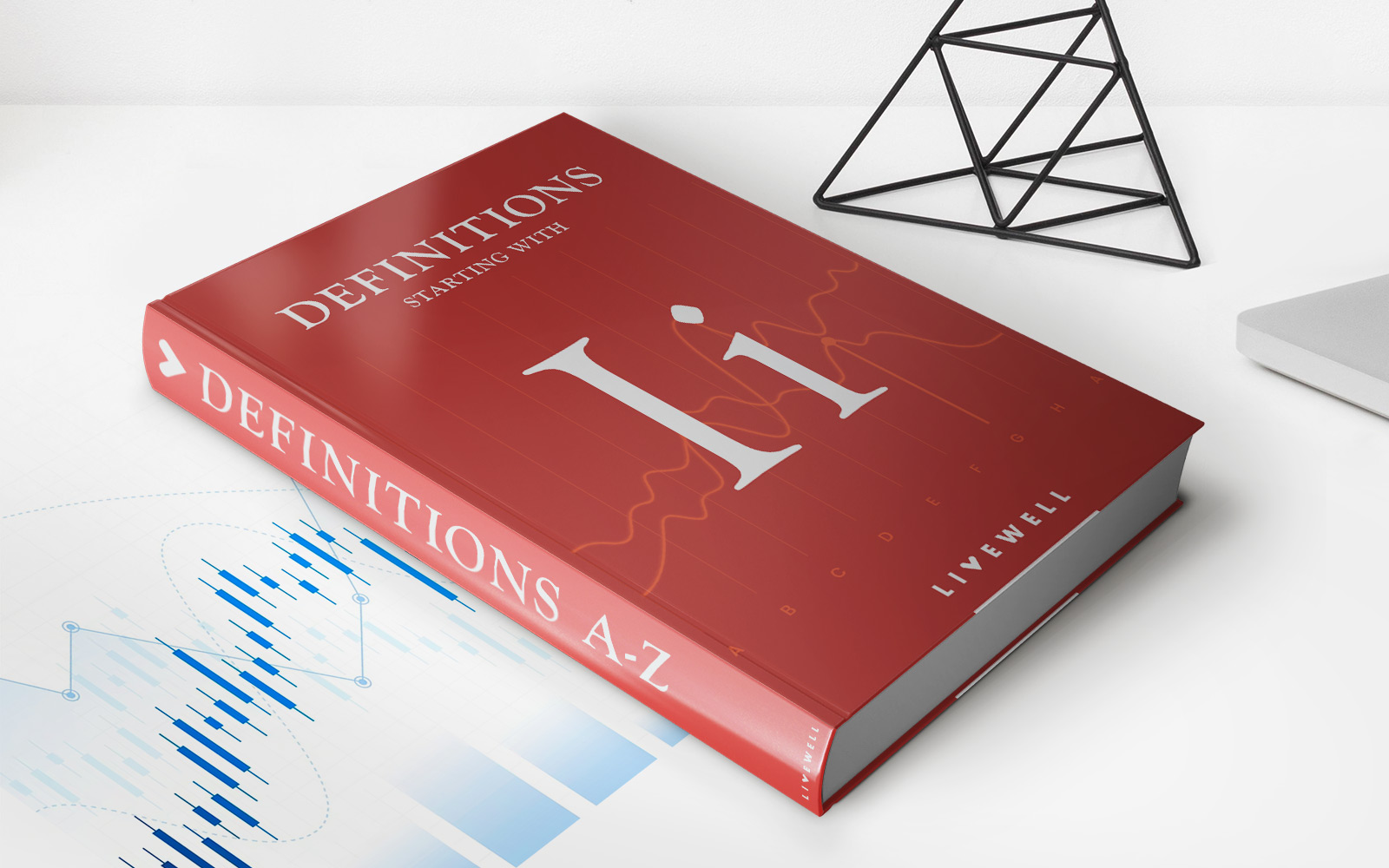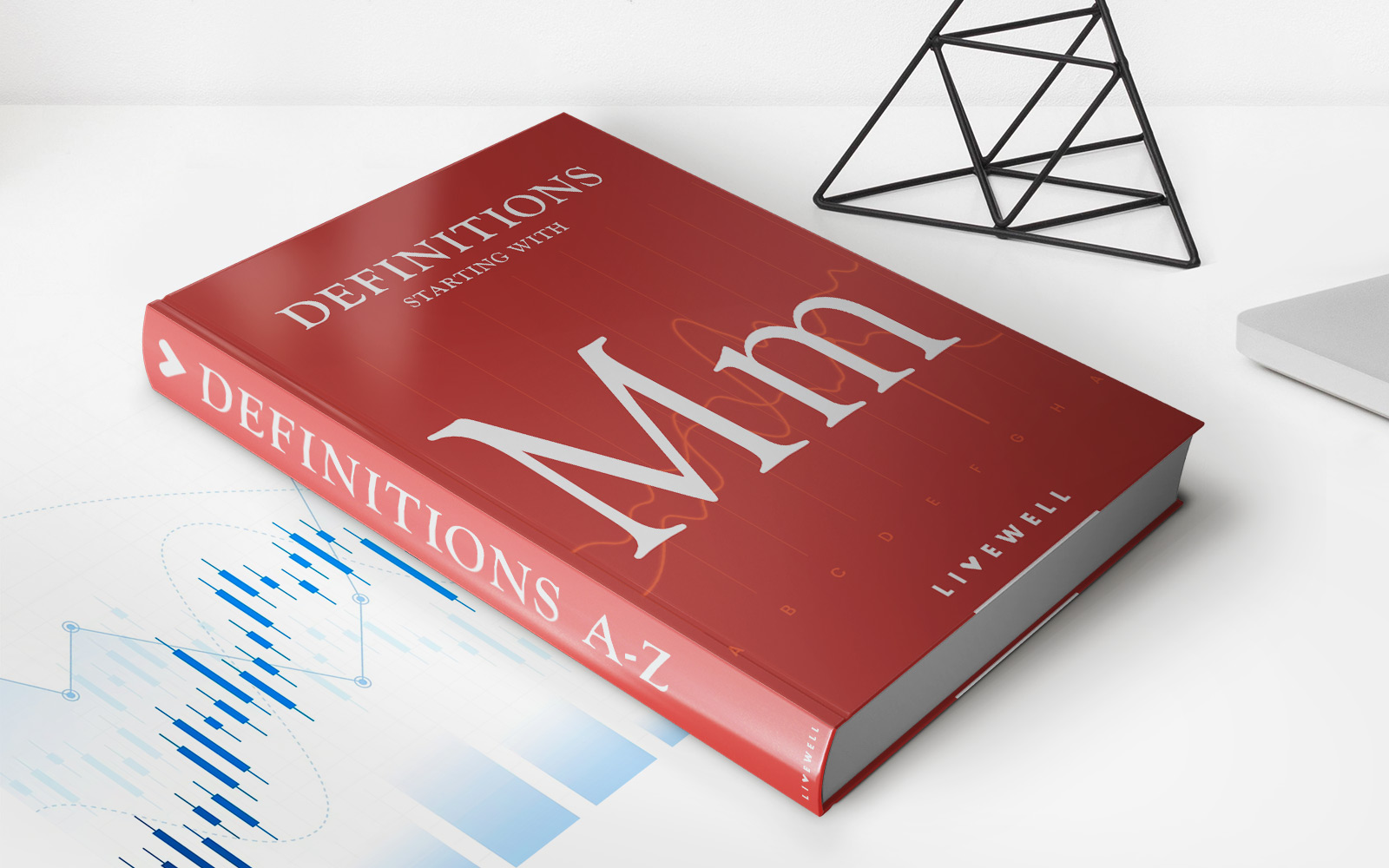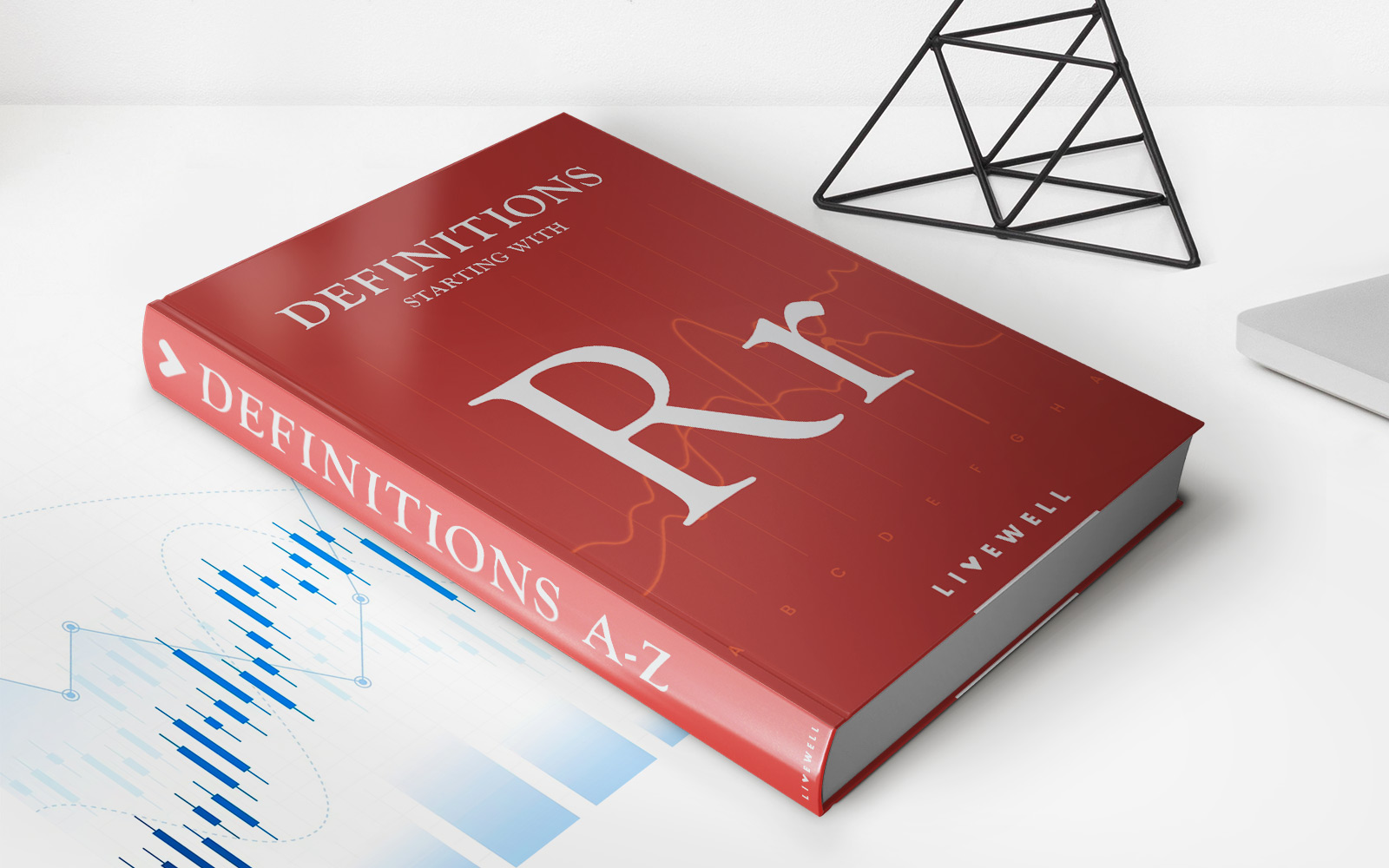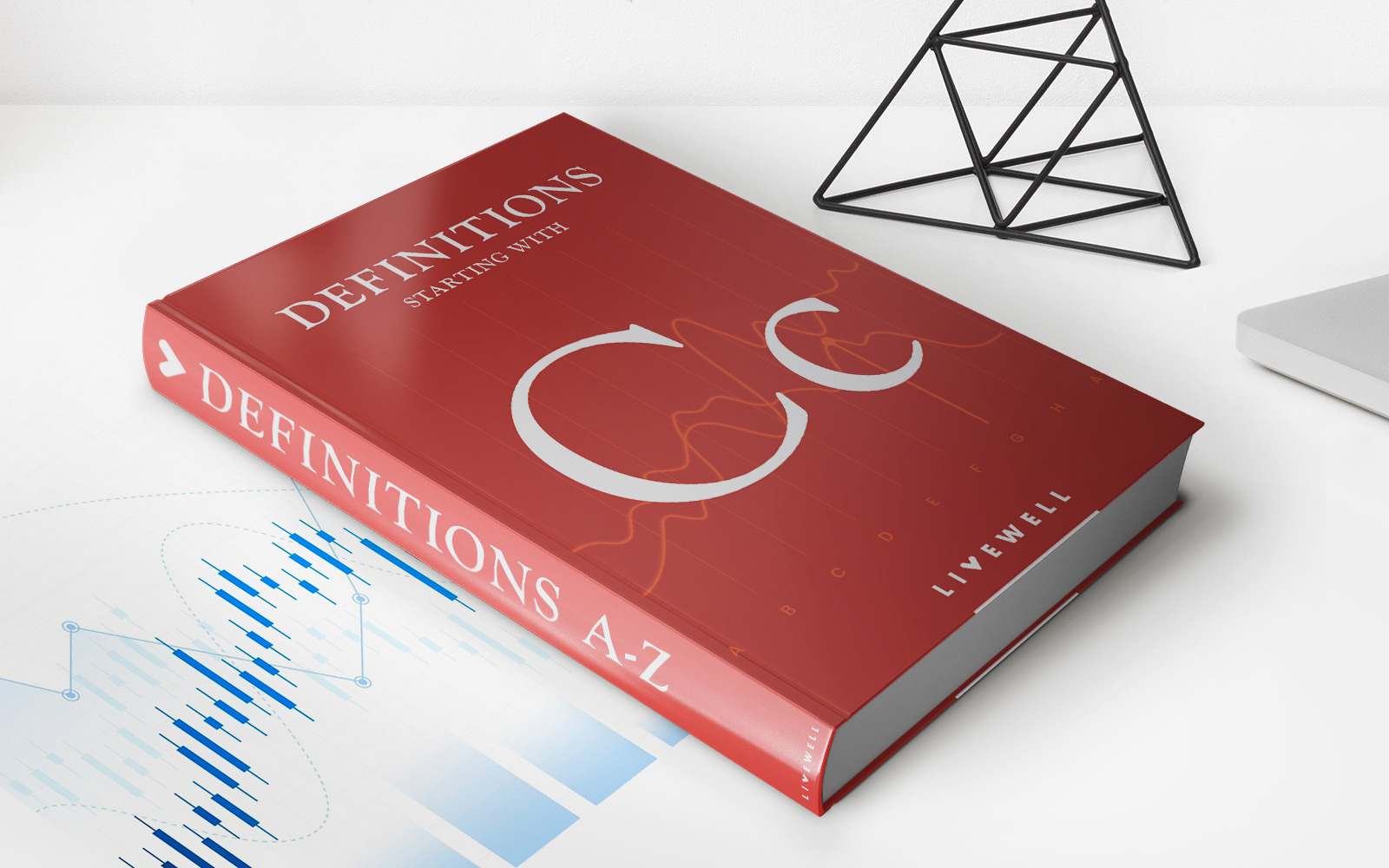Home>Finance>Mortgage Rate: Definition, Types, And Determining Factors
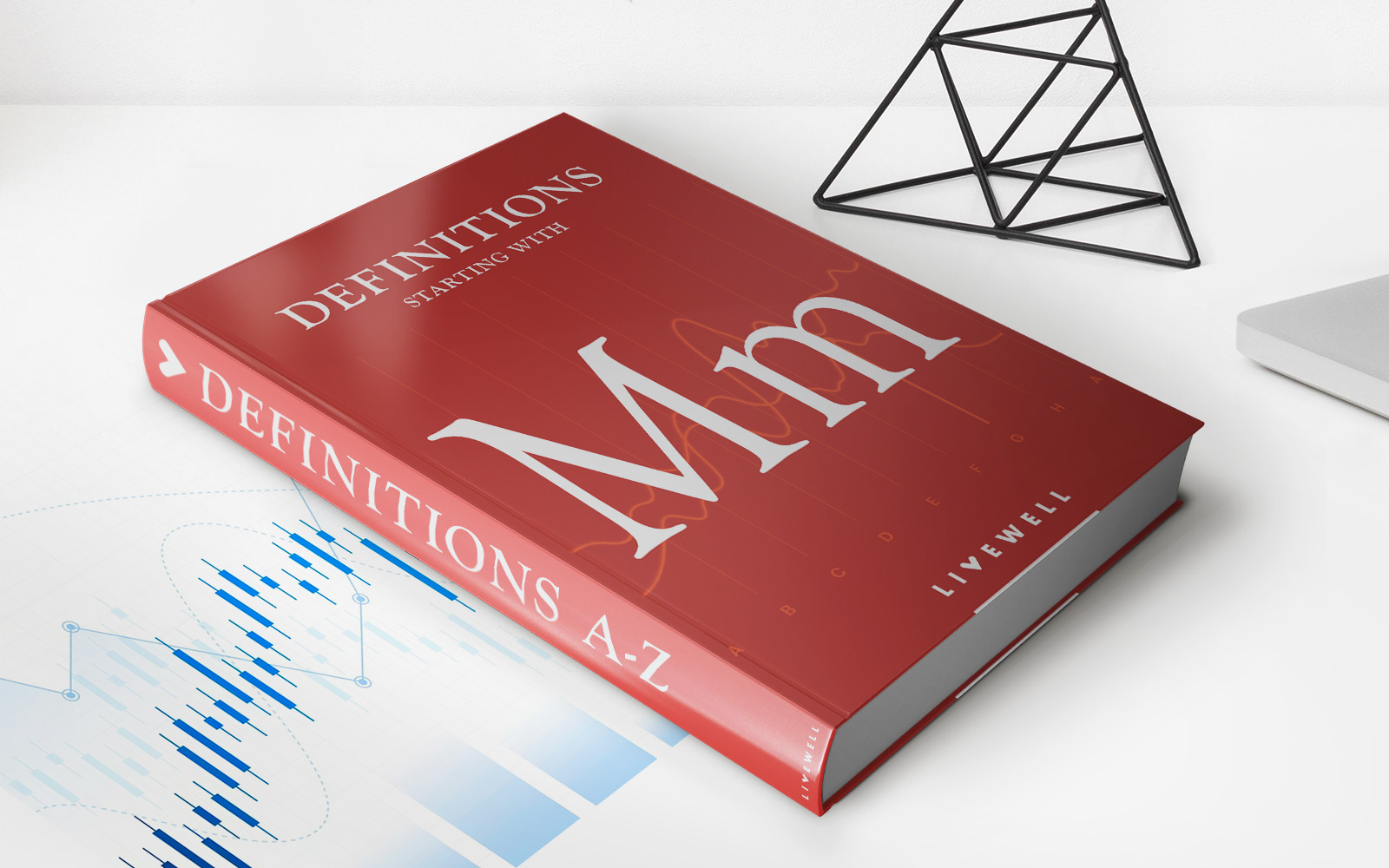

Finance
Mortgage Rate: Definition, Types, And Determining Factors
Modified: December 30, 2023
Learn about mortgage rates in the world of finance, including definitions, types, and factors influencing them.
(Many of the links in this article redirect to a specific reviewed product. Your purchase of these products through affiliate links helps to generate commission for LiveWell, at no extra cost. Learn more)
Mortgage Rate: Definition, Types, and Determining Factors
When it comes to financing a new home, understanding mortgage rates is crucial. A mortgage rate is the interest charged on a mortgage loan that borrowers must pay back over time. But what factors determine these rates, and are there different types to consider? In this blog post, we’ll dive into the world of mortgage rates to help you make informed decisions when it comes to your homebuying journey.
Key Takeaways:
- Mortgage rates are the interest charged on a mortgage loan.
- The two main types of mortgage rates are fixed-rate and adjustable-rate.
The Basics: Fixed-Rate vs. Adjustable-Rate Mortgages
There are two main types of mortgage rates that borrowers often encounter: fixed-rate and adjustable-rate mortgages. Understanding their differences is vital in selecting the right option for your financial goals.
1. Fixed-Rate Mortgages:
A fixed-rate mortgage refers to a loan with a consistent interest rate throughout the entire repayment period. This means that your monthly mortgage payment will remain the same, providing predictability and allowing for better budgeting. It is an ideal choice for individuals seeking stability and long-term planning. With fixed-rate mortgages, you won’t have to worry about rising interest rates affecting your finances, making it easier to plan for the future.
2. Adjustable-Rate Mortgages:
An adjustable-rate mortgage, as the name suggests, has an interest rate that can fluctuate over time. Typically, these mortgages start with a fixed rate for an initial period, usually 5, 7, or 10 years, and then transition to an adjustable rate. After the initial fixed-rate period ends, the interest rate adjusts periodically based on market conditions. These mortgages are attractive to borrowers who plan to move or refinance before the fixed-rate period expires.
Factors Affecting Mortgage Rates
Now that we’ve discussed the two main types of mortgage rates, it’s essential to understand the factors that influence how these rates are determined.
1. Credit Score:
Your credit score plays a vital role in determining the interest rate you will be offered. Lenders consider borrowers with higher credit scores less risky, resulting in lower interest rates. Maintaining a good credit score, paying bills on time, and keeping a low debt-to-income ratio can help secure a favorable rate.
2. Loan-to-Value (LTV) Ratio:
The loan-to-value ratio represents the size of the mortgage loan relative to the appraised value of the property. A lower LTV ratio indicates a lower risk for lenders, potentially leading to lower mortgage rates. Making a larger down payment or having significant equity in your home can improve your LTV ratio and decrease your interest rate.
3. Economic Factors:
Economic factors, such as inflation, unemployment rates, and the overall state of the economy, can affect mortgage rates. When the economy is thriving, interest rates tend to rise, while they decline during periods of economic uncertainty or a recession. Monitoring the economic climate can provide insights into potential fluctuations in mortgage rates.
4. Loan Term:
The length of your mortgage term also influences the interest rate. Generally, shorter-term loans, such as 15-year mortgages, tend to have lower interest rates compared to longer-term loans like 30-year mortgages. However, shorter-term loans typically come with higher monthly payments, so it’s important to consider your financial capabilities.
Final Thoughts
Understanding the definition, types, and determining factors of mortgage rates is crucial when embarking on the homebuying journey. Remember, there are different types of mortgage rates to choose from, including the stable fixed-rate and the flexible adjustable-rate. By considering factors like your credit score, LTV ratio, economic conditions, and loan term, you can make informed decisions while seeking the most favorable mortgage rates for your financial goals.
For personalized advice and assistance in finding the best mortgage rate for your specific situation, it’s always recommended to consult with a reputable mortgage professional.
